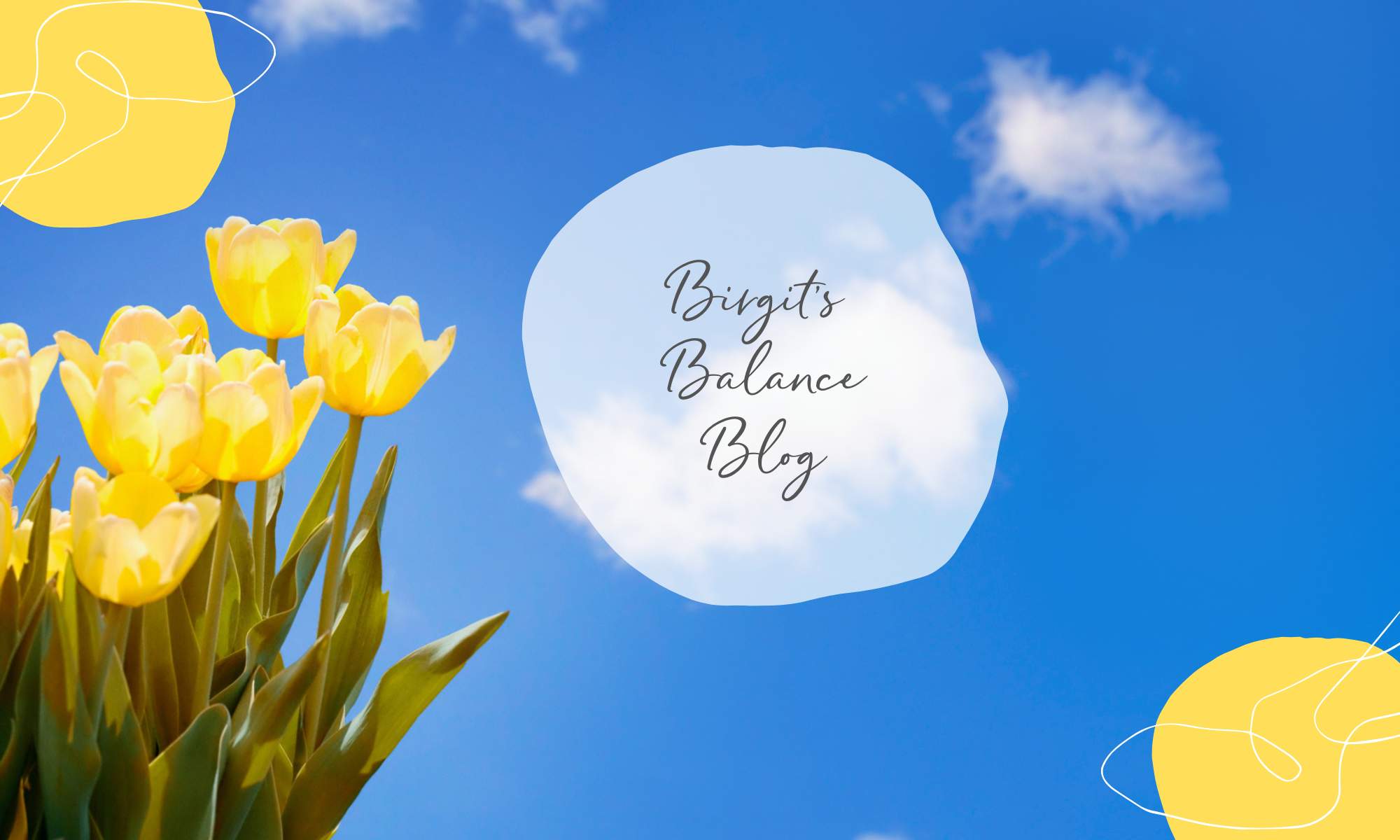
In the feedback that I received from my readers about my blog, there was also the wish to learn something about “resilience and routines”.
These two keywords, brought up a few questions:
What is actually the difference between routines, rituals and habits?
Can routines increase resilience?
Don’t routines tend to limit our flexibility and spontaneity, and if so, aren’t they rather counterproductive?
So let’s start.
Habit, routine, or ritual?
The difference between routines, rituals and habits is easily explained:
What distinguishes all three are two factors: the amount of effort and energy it takes to perform and how consciously I perform the action.
While habits are often performed as a matter of course, mechanically and (without much) thought, routines and rituals require more attention and energy on my part.
When we want to implement new, healthy habits into our lives, we usually need energy and focus in the beginning to make sure we follow through with the action. The longer we keep at it, the easier and more natural it becomes for us. So establishing new habits usually starts with a ritual, which then becomes a routine and eventually a habit.
An example: some time ago I decided to do a small yoga session in the morning right after I get up. I’ve found that it helps me align and “ramp up” physically, mentally and emotionally so that I’m more firmly in the saddle when everyday life hits.
In the first few days, I simply forgot about it. It wasn’t in my morning habits.
So I setup a “morning ritual” – a conscious sequence of things I do in the morning before I start my day. I then simply scheduled yoga in there.
Then after a few weeks it became routine, I didn’t have to remember it. And eventually it became a habit – I miss it when I don’t do it.
Resilience booster routine?
Is it resilience-boosting to develop routines?
Yes – and for two reasons:
First, they are great at helping us establish actions, behaviors, and a mindset that can boost our resilience – like regular exercise, healthy eating, or an optimistic attitude (or yoga in the morning ;-)).
And second, by establishing good habits and routines, we have more energy – because we no longer have to think about what we need to do, when we want to do it – and then spend energy getting around to it. Rather, routines free up resources that we can use to respond spontaneously (and strengthened!) to the craziness of life.
Another resilience-enhancing factor is the fact that routines increase our self-determination. Without healthy routines, we become a pawn in circumstances. Routines help us to consciously create and act – and not just react to external circumstances (and realize at the end of the day that we didn’t get to what WE wanted again).
For routines we need self-regulation – the successful implementation of new, healthy habits in turn increases our self-confidence. We feel “in control” and are automatically less susceptible to temptations and distractions.
The fine print
In order to benefit from all of this, however, we need a few basic qualities:
Clarity: what do I want to change and what is it all for? This point is especially important when we encounter the first obstacles (externally or inside ourselves). Especially in the initial phase, it is helpful to repeatedly bring back the awareness of why we want to establish this habit. This also increases our determination and our …
Perseverance: it takes a while before we have to expend less energy. It’s a bit like in sports: at the beginning everything feels unusual and evokes muscle soreness. But the longer we stick with it, the easier it gets. Which brings me to point 3:
Continuity: Continuity is closely linked to stamina. It means that we carry out the routine as planned – regardless of whether it is easy for us, whether we feel like it or not. Small steps are better than no steps. It takes an average of 2 months to establish a new habit – without interruption!
Flexibility: Sometimes our routine may not work out exactly as planned. Then reschedule! But don’t drop it! Establish your routine in such a way that it can be adapted. (e.g.” 3x sports a week” – instead of “Monday running, Wednesday yoga and Friday weight training.”)
The chicken or the egg?
The crazy thing is: yes, we need all of these qualities to establish routines – but establishing routines in turn enhances those very qualities, which in the end also make us more resilient.
What resilience-enhancing routine could you establish?
Take care and keep at it!
Birgit
